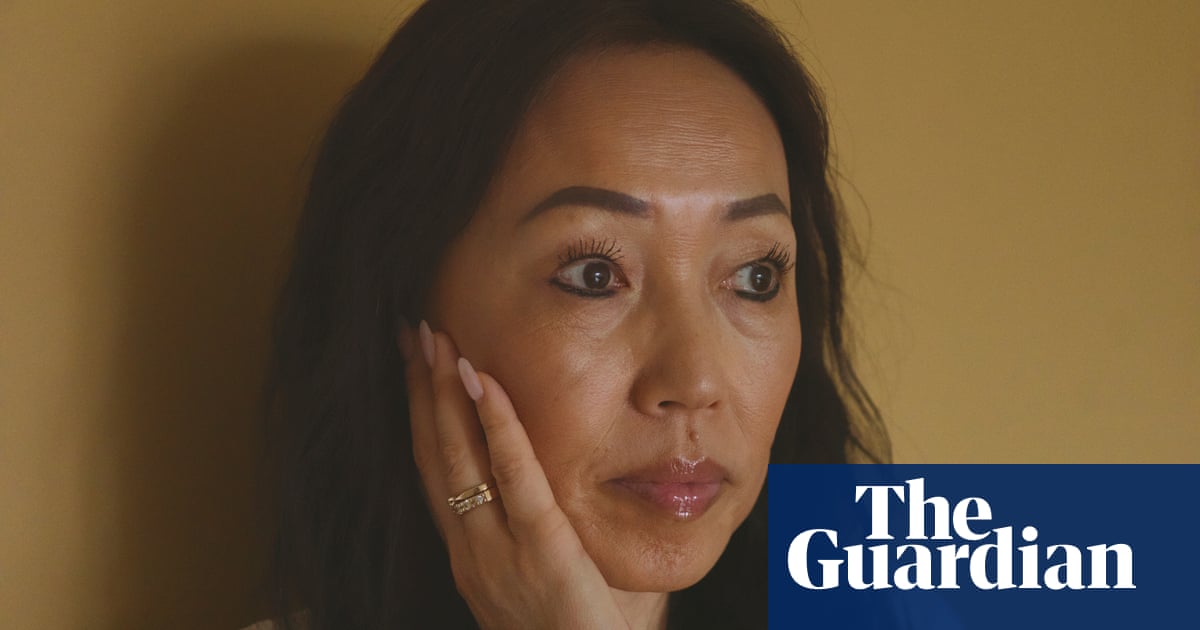Hospitals and adoption agencies colluded to force single mothers to give up their children, truth commission finds
South Korea has found new evidence that mothers were forced to give up their children for adoption in countries including Australia, Denmark and the United States.
It has been known for some time that at least 200,000 South Korean children had been adopted abroad since the 1950s, but allegations have emerged that hospitals, maternity wards and adoption agencies systematically colluded to force parents – primarily single mothers – to give up their children.
Adoption workers in some cases insisted that adoptees were abandoned children and blamed the biological parents for not looking for them.
But a report from a government Truth and Reconciliation Commission set up to investigate the claims has detailed some of the coercive methods used to force mothers living in welfare shelters to give up their sometimes day-old children.



It’s not about what life the children can or cannot have. It’s the environment that allows this to happen and the people who not only take advantage of it, but also allow it to flourish. Instead of trying to find a way to allow these mothers to have children and raise them in a healthy environment they force them to give them up for whatever reason (someone wanting to adopt to raise the kid isn’t the only reason, human trafficking exists). It’s not like South Korea is a poor country where they can’t take care of their citizens either. This is willful negligence at best.
SK was a very different country 75 years ago. The land and economy were decimated by wars. Their government and social structure was extremely authoritarian and patriarchal. It’s no surprise that unwed mothers would be ostracized by society.
Very true, it doesn’t make it ok or justifiable but it’s a good point to make. The wording of the article made it sound like the practice continues to a lesser degree, but I could be mistaken. If it still does then to me that’s just unforgivable.